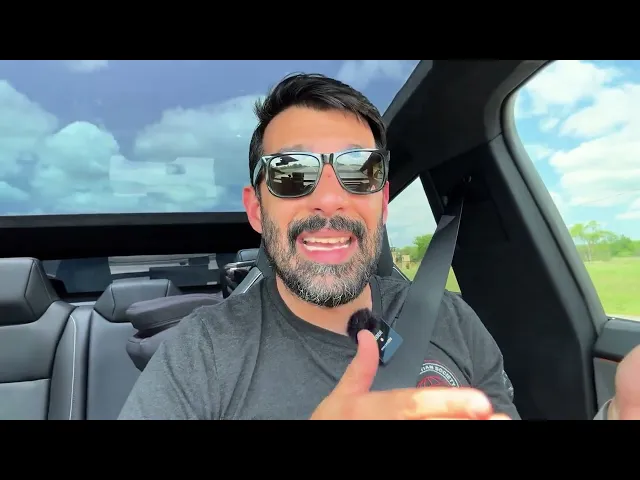Tesla Earnings Reaction

Tesla's bold bet on driving itself forward
In the wake of Tesla's recent earnings call, the company has seen its stock surge about 7%, despite what many consider a lackluster quarterly performance. The fascinating juxtaposition of underwhelming financial results against optimistic future guidance illuminates Tesla's pivot from being primarily an electric vehicle manufacturer to positioning itself as an AI and robotics company that happens to make cars.
Key developments from Tesla's earnings call
-
Focus shift to autonomy: Elon Musk's commentary revealed an unwavering focus on self-driving capabilities, with plans to launch a robo-taxi service in Austin this June with 10-20 Model Y vehicles (likely with safety drivers initially).
-
Production pragmatism: Tesla appears to be pivoting toward maximizing existing production lines rather than introducing entirely new models, suggesting cheaper variants of current vehicles may be coming rather than completely new designs.
-
Robot ambitions: The company showcased its next-generation humanoid robot but set expectations that significant commercial deployment won't happen until 2026-2027, with business customers coming first.
-
Elon's reduced role at X/Twitter: Musk reaffirmed he would step back from his involvement with X (formerly Twitter) starting in May when his 130-day special employee status expires—news Wall Street clearly welcomed.
The self-driving endgame
The most revealing insight from the earnings call wasn't about quarterly numbers but Tesla's long-term strategy. When questioned why Tesla isn't selling more vehicles despite their advantages over traditional cars, Musk's response was telling: "eventually people won't buy any cars." This seemingly odd response perfectly encapsulates Tesla's vision—they're not building a better car company; they're creating an autonomous transportation network.
This strategy explains why Tesla isn't panicking about short-term delivery slowdowns. The company is playing a different game altogether. Each vehicle deployed serves as both a revenue generator today and a potential robo-taxi tomorrow. The real value isn't in manufacturing margins but in creating the largest fleet of updatable, AI-capable vehicles ever deployed.
What makes this particularly significant is the moat Tesla has established. While competitors like Waymo operate geofenced services in limited areas using specialized vehicles with expensive sensor suites, Tesla's approach allows any of
Recent Videos
How To Earn MONEY With Images (No Bullsh*t)
Smart earnings from your image collection In today's digital economy, passive income streams have become increasingly accessible to creators with various skill sets. A recent YouTube video cuts through the hype to explore legitimate ways photographers, designers, and even casual smartphone users can monetize their image collections. The strategies outlined don't rely on unrealistic promises or complicated schemes—instead, they focus on established marketplaces with proven revenue potential for image creators. Key Points Stock photography platforms like Shutterstock, Adobe Stock, and Getty Images remain viable income sources when you understand their specific requirements and optimize your submissions accordingly. Specialized marketplaces focusing...
Oct 3, 2025New SHAPE SHIFTING AI Robot Is Freaking People Out
Liquid robots will change everything In the quiet labs of Carnegie Mellon University, scientists have created something that feels plucked from science fiction—a magnetic slime robot that can transform between liquid and solid states, slipping through tight spaces before reassembling on the other side. This technology, showcased in a recent YouTube video, represents a significant leap beyond traditional robotics into a realm where machines mimic not just animal movements, but their fundamental physical properties. While the internet might be buzzing with dystopian concerns about "shape-shifting terminators," the reality offers far more promising applications that could revolutionize medicine, rescue operations, and...
Oct 3, 2025How To Do Homeless AI Tiktok Trend (Tiktok Homeless AI Tutorial)
AI homeless trend raises ethical concerns In an era where social media trends evolve faster than we can comprehend them, TikTok's "homeless AI" trend has sparked both creative engagement and serious ethical questions. The trend, which involves using AI to transform ordinary photos into images depicting homelessness, has rapidly gained traction across the platform, with creators eagerly jumping on board to showcase their digital transformations. While the technical process is relatively straightforward, the implications of digitally "becoming homeless" for entertainment deserve careful consideration. The video tutorial provides a step-by-step guide on creating these AI-generated images, explaining how users can transform...
